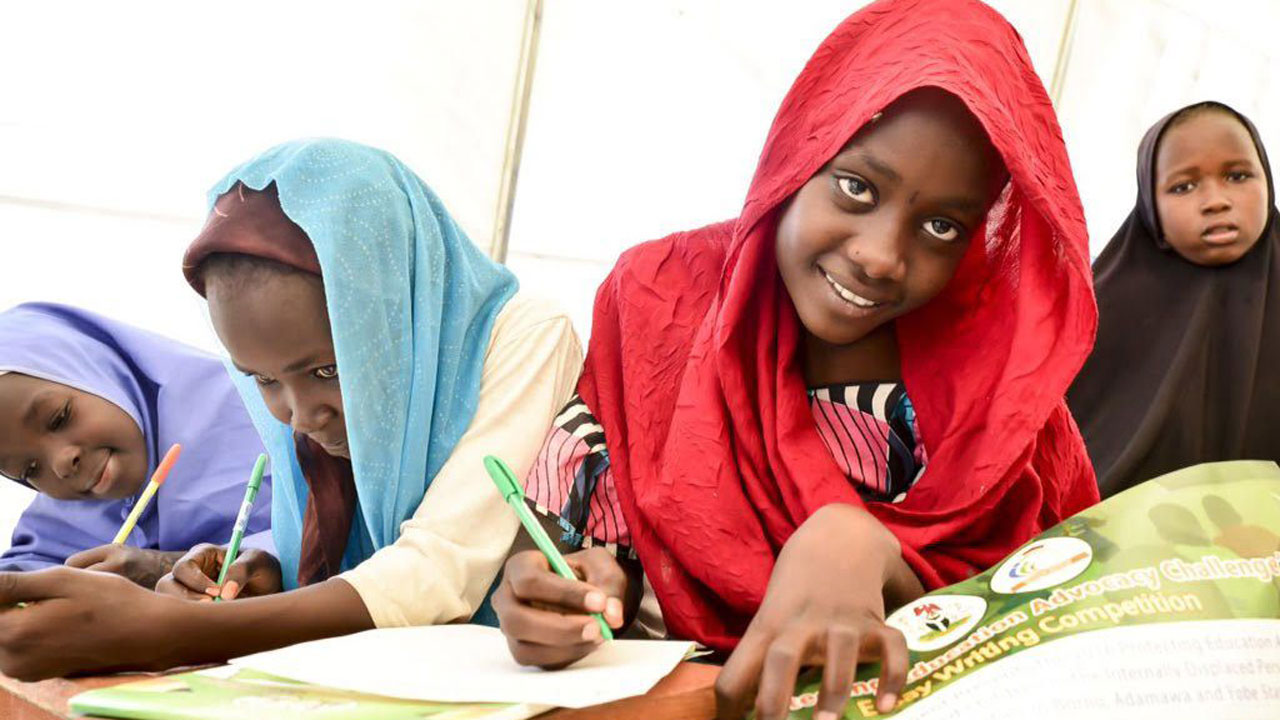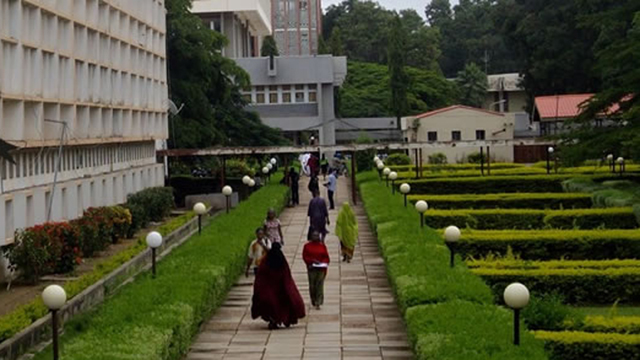UNICEF pledges stronger action against out-of-school children in Sokoto
The United Nations (UN) has reaffirmed its commitment to work with the Malala Fund in its mission to advance the right to education and address the challenges that keep millions of children, especially girls, out of school.
During a strategic engagement in Abuja with the Malala Fund’s co-founder, Malala Yousafzai, alongside the organisation’s executive team and board members, the UN Resident and Humanitarian Coordinator in Nigeria, Mohamed Malick Fall, underscored the global agency’s dedication to promoting inclusive and equitable education for all.
“The UN reaffirms its support to the Malala Fund in advancing the right of the girl-child to quality education and breaking barriers to education access, he said, stating: “No child should be left behind.”
Fall led a UN delegation, comprising representatives from UNICEF, UNESCO, UNDP, UNFPA, and UN Women, to the meeting.
He emphasised that meaningful societal transformation hinges on robust investment in human capital, particularly through education for girls and empowerment of women.
“Together with the government and development partners, we are committed to dismantling the obstacles that prevent children, especially the most vulnerable, from accessing education,” Fall added.
He identified key barriers to education in Nigeria, including insecurity, economic hardship, climate change, and entrenched socio-cultural norms.
The UN chief called for intensified efforts to promote gender equality and strengthen social cohesion as critical pathways to sustainable development.
Malala, who arrived in Abuja on September 26 for the Malala Fund Board of Directors’ yearly meeting, reiterated Nigeria’s central role in the Fund’s global strategy for 2025–2030.
“Nigeria is a priority country for the Malala Fund. Since 2014, we have invested over $8 million in Nigerian partner organisations working to break down the barriers keeping girls out of school,” she said.
The activist outlined the Fund’s strategic priorities in Nigeria to include ensuring married and pregnant girls return to school; increasing education financing, and ensuring it meets girls’ needs, and using education as a policy solution to ending child marriage.
Chief Executive Officer of Malala Fund Nigeria, Nabila Aguele, restated the organisation’s commitment to ensuring all girls have access to and complete 12 years of schooling in the country.
RELATEDLY, the United Nations Children’s Fund (UNICEF) has renewed its commitment to tackling the rising number of out-of-school children in Sokoto State, pledging to strengthen partnerships with community leaders and School-Based Management Committees (SBMCs).
The pledge came during a UNICEF delegation’s visit to SKS Model Primary School, Yabo, one of the oldest schools in the state, established in 1922.
Leading the delegation, UNICEF Country Representative, Wafa Said, commended the school management and SBMC for their efforts in increasing enrolment, but expressed concern that many children in Sokoto still roam the streets instead of being in classrooms.
Representative of the traditional ruler of Yabo, Mallam Abubakar, identified poverty and inadequate parental awareness as major factors fuelling the problem.
SBMC Chairman, Maiasua Dan Sheu, explained that while the committee had successfully returned several children to school, sustaining them through higher education remains a challenge.
Community cleric, Alhaji Muhammadu, disclosed that religious leaders were supporting the campaign for education through Friday sermons.
Also speaking, Headmaster of the school, Yusuf Sharu, credited UNICEF’s “Teaching at the Right Level” (TaRL) initiative with improving literacy among pupils.
UNICEF’s Head of Field Office in Sokoto, Michael Juma, assured that the agency will continue supporting teacher training, urging the SBMC to expand climate-friendly initiatives such as tree planting and erosion control.






